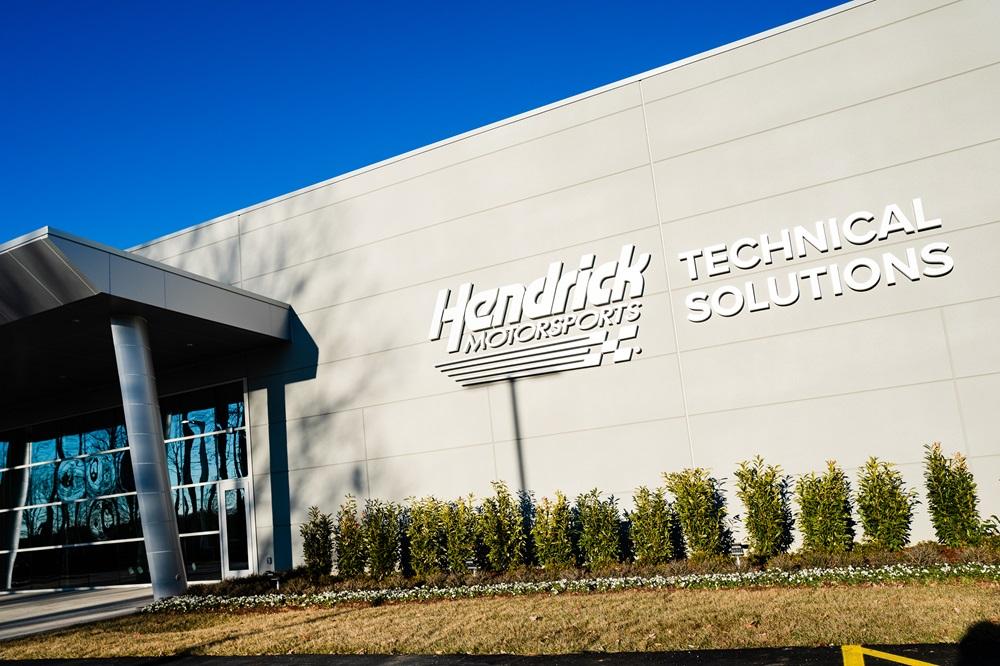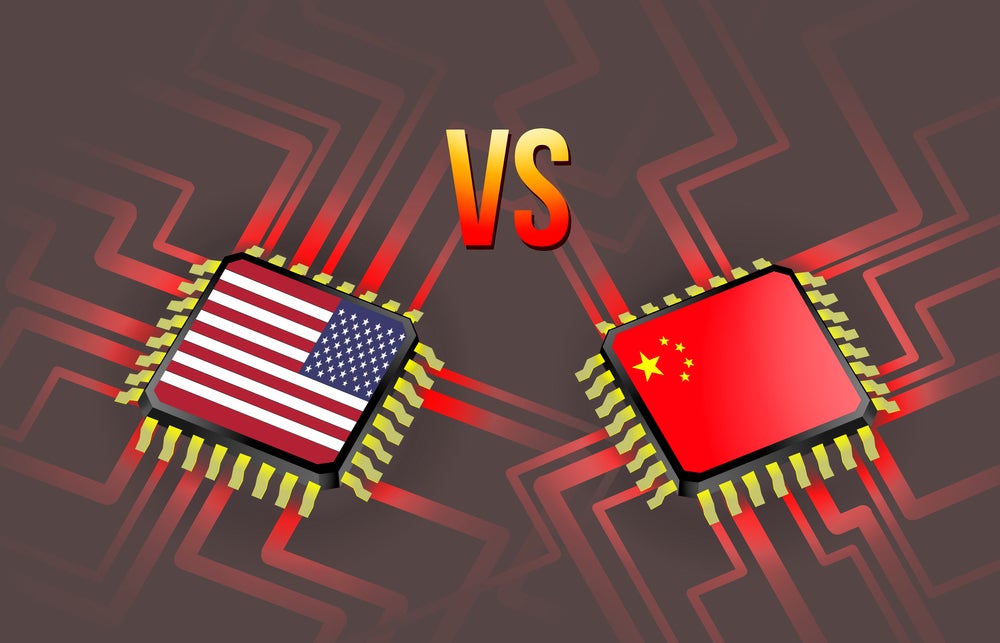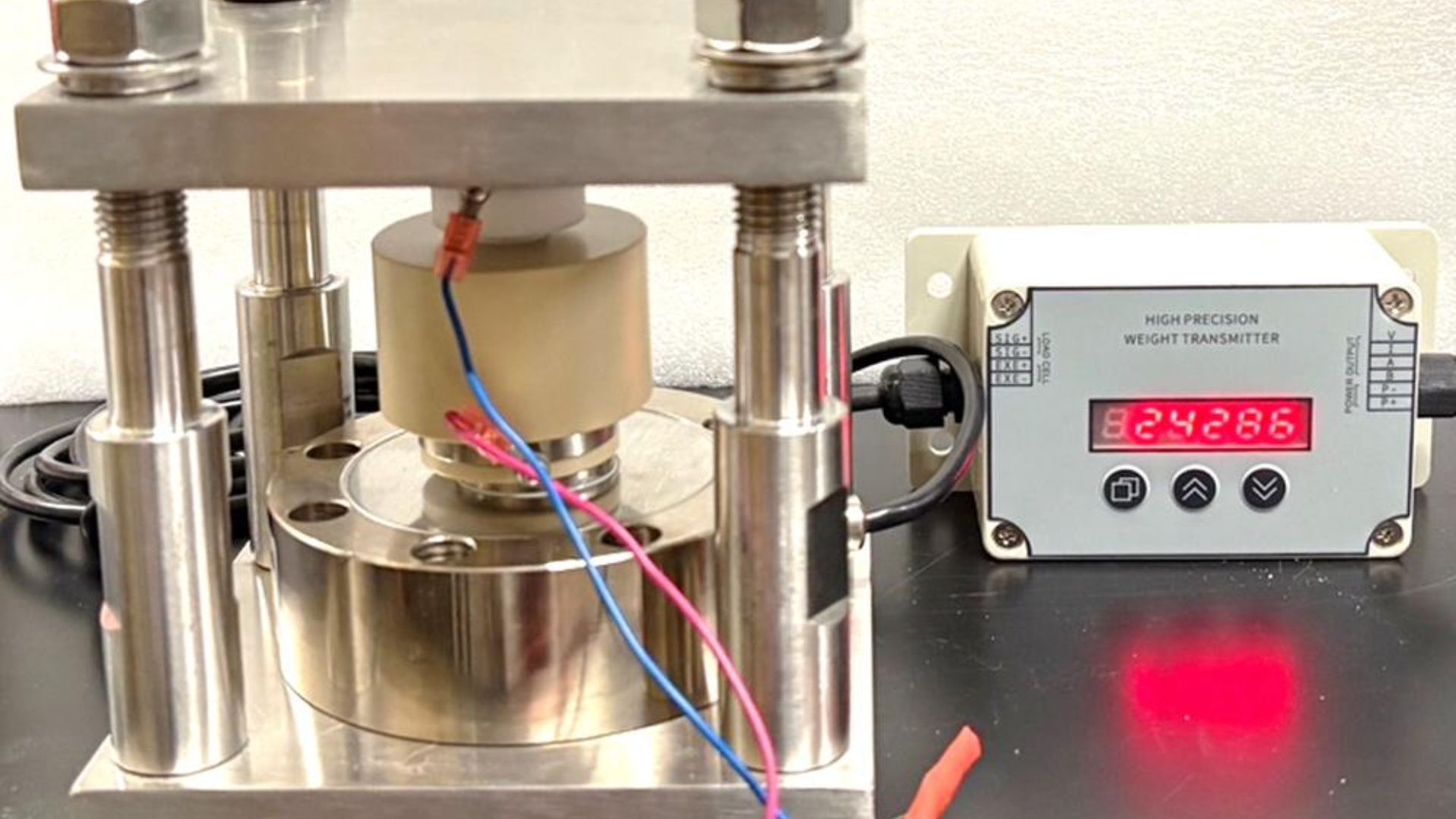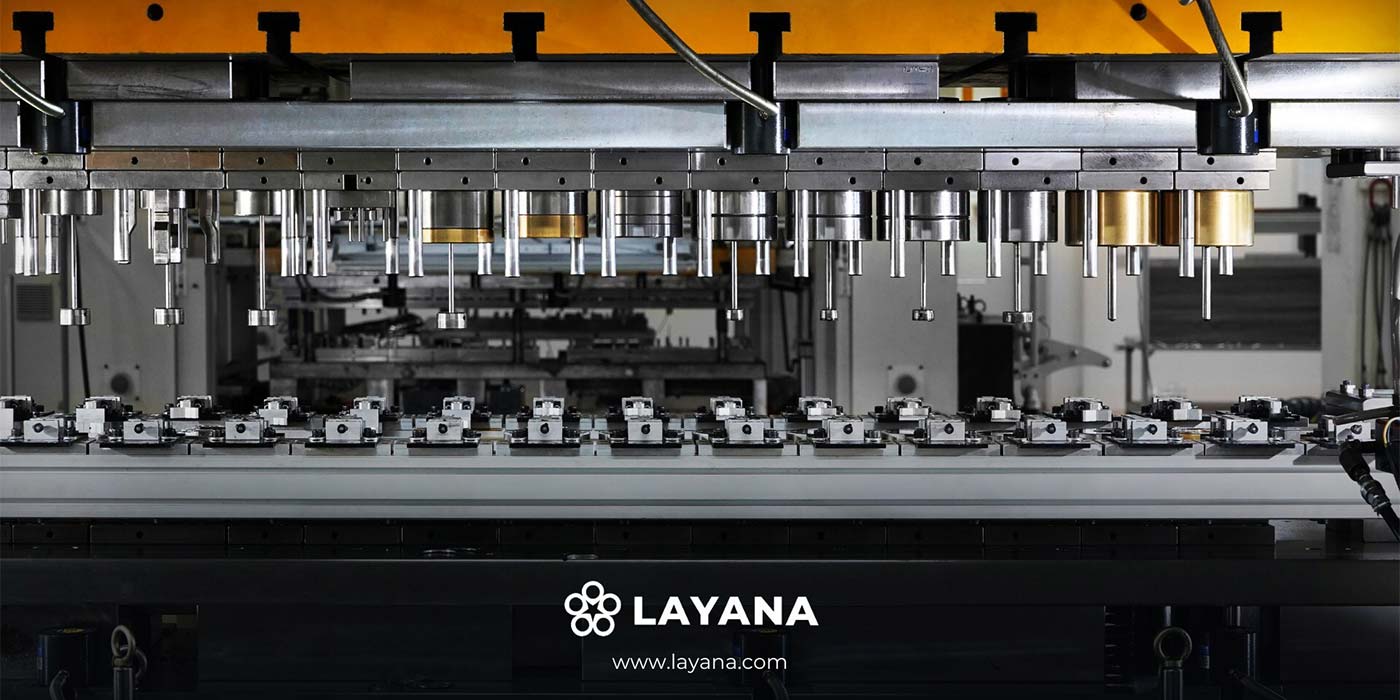Battery Battleground: Defense Logistics Pros Demand Supply Chain Revolution
Manufacturing
2025-04-25 00:00:00Content

The Defense Logistics Agency (DLA) is revolutionizing battlefield technology with its innovative BATTNET III project, targeting critical improvements in battery performance, efficiency, and affordability for military personnel. By focusing on cutting-edge battery solutions, the agency aims to provide warfighters with more reliable and advanced power sources that can withstand the most challenging operational environments.
Through this strategic initiative, DLA is actively seeking collaboration with leading technology and defense industry companies to develop next-generation battery systems. These advanced power solutions will not only enhance the operational capabilities of military personnel but also reduce logistical challenges and support mission-critical requirements across various military platforms.
The BATTNET III project represents a significant leap forward in military power technology, addressing the growing need for lightweight, high-performance, and cost-effective battery solutions. By prioritizing innovation and strategic partnerships, the Defense Logistics Agency is committed to equipping warfighters with the most advanced technological resources available, ensuring they have the power and reliability needed to succeed in complex and demanding operational scenarios.
Revolutionary Battery Network Transforms Military Logistics and Battlefield Readiness
In the ever-evolving landscape of military technology, the Defense Logistics Agency stands at the forefront of innovation, pioneering groundbreaking solutions that promise to redefine battlefield power management and operational efficiency. The BATTNET III project represents a quantum leap in military battery technology, addressing critical challenges faced by modern warfighters in increasingly complex and demanding operational environments.Powering the Future of Military Excellence: A Technological Revolution Begins
Strategic Battery Innovation: Reimagining Battlefield Power Solutions
The BATTNET III initiative emerges as a critical response to the complex power requirements of modern military operations. Traditional battery technologies have long been a bottleneck in military logistics, limiting operational capabilities and soldier effectiveness. By developing advanced battery networks, the Defense Logistics Agency aims to create a comprehensive solution that addresses multiple critical challenges simultaneously. Military researchers have identified several key performance parameters that demand immediate attention. These include extended battery life, reduced weight, enhanced durability, and improved energy density. The project goes beyond mere incremental improvements, seeking to fundamentally transform how military units manage and utilize power resources in diverse and challenging environments.Technological Convergence: Engineering Next-Generation Military Power Systems
Advanced materials science plays a pivotal role in the BATTNET III project. Cutting-edge research explores novel battery chemistries that can withstand extreme temperatures, resist mechanical stress, and provide consistent performance under unpredictable battlefield conditions. Nanotechnology and advanced polymer engineering are being leveraged to create battery systems that are lighter, more compact, and significantly more reliable than previous generations. The integration of smart monitoring technologies represents another breakthrough. Intelligent battery systems will now provide real-time diagnostics, predictive maintenance capabilities, and enhanced energy management. Soldiers can receive immediate feedback about battery performance, remaining capacity, and potential maintenance requirements, dramatically improving operational preparedness and reducing logistical complications.Operational Efficiency: Transforming Military Logistics and Supply Chains
The economic implications of the BATTNET III project extend far beyond immediate technological improvements. By developing more efficient and standardized battery systems, the Defense Logistics Agency anticipates substantial cost savings and streamlined supply chain management. The potential for reduced maintenance costs, extended equipment lifecycle, and improved operational readiness represents a significant strategic advantage. Interoperability emerges as a critical design consideration. The new battery network aims to create standardized power solutions that can be utilized across multiple platforms, from handheld communication devices to complex vehicular systems. This approach promises to reduce logistical complexity and enhance overall military responsiveness.Human-Centric Design: Empowering Warfighters Through Advanced Technology
At its core, the BATTNET III project recognizes that technological innovation must ultimately serve human operators. Extensive ergonomic research has been conducted to ensure that new battery systems are not just technologically superior but also user-friendly and intuitive. Reduced weight, improved handling, and enhanced reliability directly translate to increased soldier effectiveness and safety. Collaborative efforts between military engineers, materials scientists, and frontline operators have been crucial in developing these advanced battery solutions. By incorporating direct feedback from military personnel, the project ensures that technological innovations address real-world operational challenges.Global Security Implications: Beyond Technological Innovation
The broader implications of the BATTNET III project extend well beyond immediate military applications. Advancements in battery technology developed through this initiative have potential spillover effects in civilian sectors, including emergency response, renewable energy, and transportation technologies. By pushing the boundaries of what's possible in energy storage and management, the Defense Logistics Agency is not just solving military challenges but contributing to a broader technological ecosystem that could reshape multiple industries.RELATED NEWS
Manufacturing

Trade Tensions Shake: India's Tech Factories Brace for Trump's Tariff Tremors
2025-03-16 00:31:00
Manufacturing

Tech Titans Rise: NZX Market Pulse Reveals Stark Contrasts in Electronic and Manufacturing Sectors
2025-03-24 00:46:32
Manufacturing

Racing Giants Forge Ahead: Hendrick Motorsports Tackles Cutting-Edge Manufacturing Frontier
2025-04-14 11:00:00





